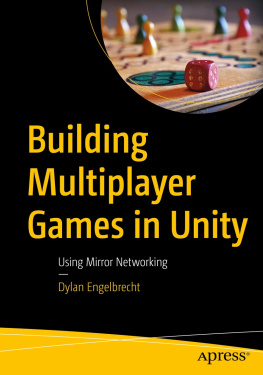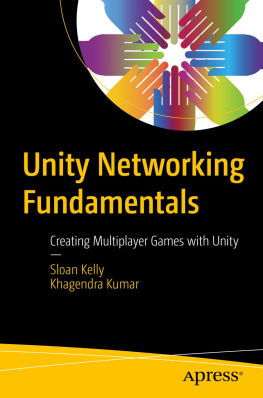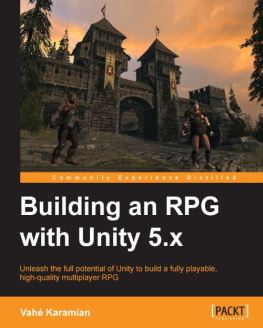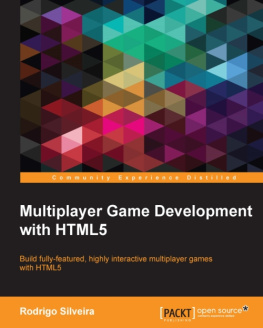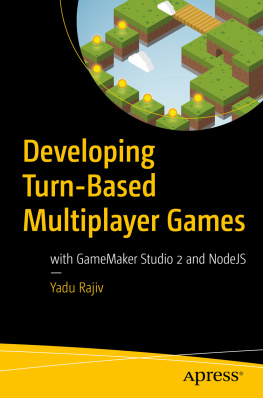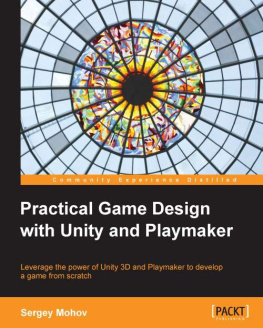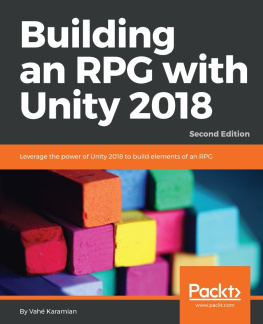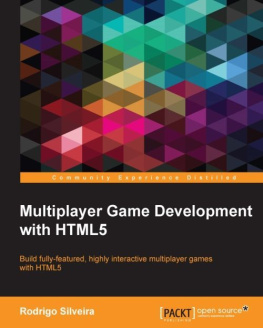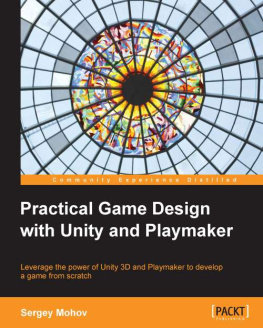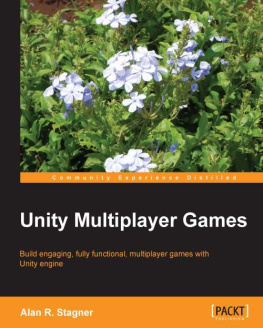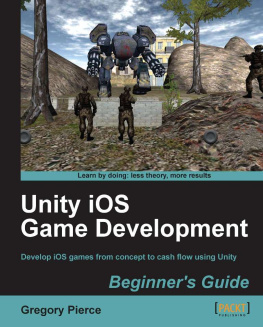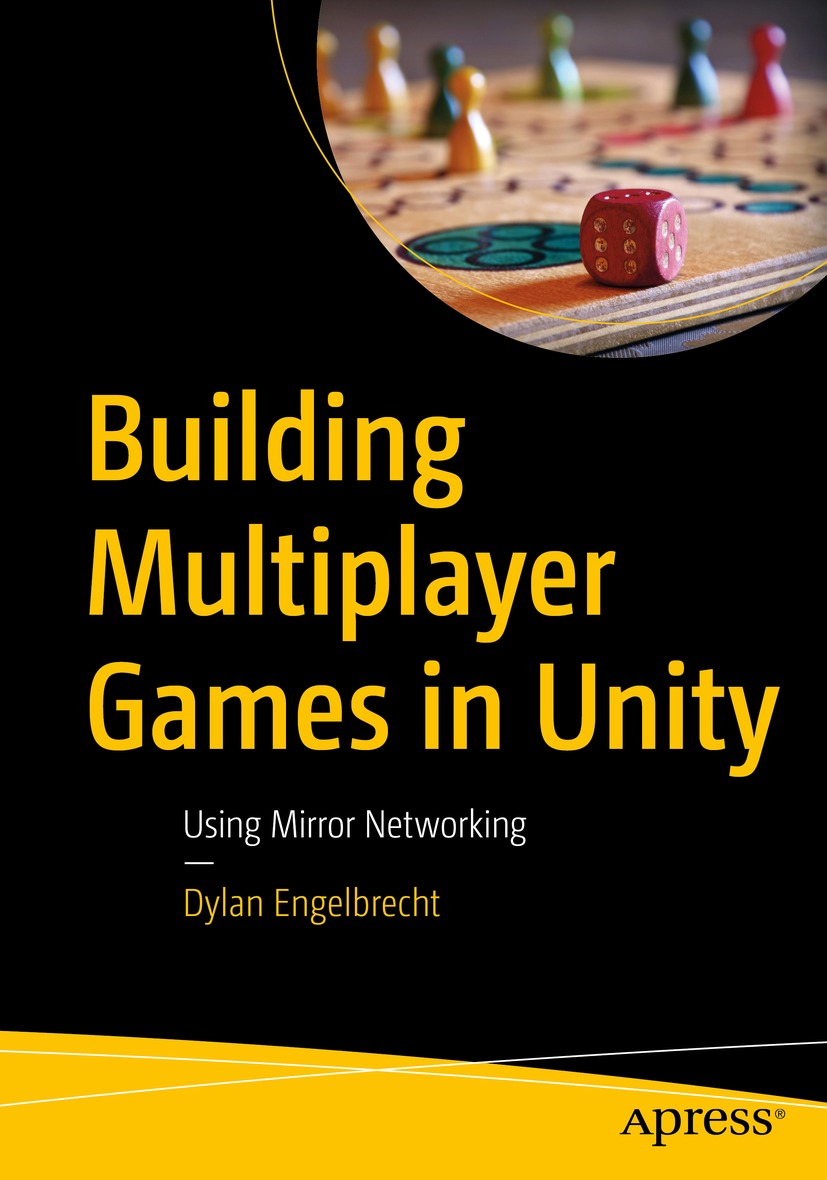Dylan Engelbrecht - Building Multiplayer Games in Unity: Using Mirror Networking
Here you can read online Dylan Engelbrecht - Building Multiplayer Games in Unity: Using Mirror Networking full text of the book (entire story) in english for free. Download pdf and epub, get meaning, cover and reviews about this ebook. year: 2021, publisher: Apress, genre: Computer. Description of the work, (preface) as well as reviews are available. Best literature library LitArk.com created for fans of good reading and offers a wide selection of genres:
Romance novel
Science fiction
Adventure
Detective
Science
History
Home and family
Prose
Art
Politics
Computer
Non-fiction
Religion
Business
Children
Humor
Choose a favorite category and find really read worthwhile books. Enjoy immersion in the world of imagination, feel the emotions of the characters or learn something new for yourself, make an fascinating discovery.
- Book:Building Multiplayer Games in Unity: Using Mirror Networking
- Author:
- Publisher:Apress
- Genre:
- Year:2021
- Rating:4 / 5
- Favourites:Add to favourites
- Your mark:
Building Multiplayer Games in Unity: Using Mirror Networking: summary, description and annotation
We offer to read an annotation, description, summary or preface (depends on what the author of the book "Building Multiplayer Games in Unity: Using Mirror Networking" wrote himself). If you haven't found the necessary information about the book — write in the comments, we will try to find it.
Take a deep dive into creating large-scale, multiplayer games with Unity 3D, using Mirror Networking and a variety of powerful transports. You will learn the fundamentals of RPC/Command multiplayer architecture and dig deeper into networking and data persistence to achieve scalable, highly performant, large-scale, multiplayer games in Unity.
This book explains how to develop multiplayer games using Unity within a commercial or enterprise environment. You will take a look at the networking fundamentals behind multiplayer games, including packets and the importance of keeping packets small. Next, you will look into Mirror Networking and see how to leverage a variety of transport layers to achieve large-scale, multiplayer games. Using Unity 3D as the core focus, you will get an understanding of the RPC/Command architecture and how you can utilize different authoritative structures to best suit your needs. You will also learn how to scale your architecture and explore industry-leading methods of deploying your game to the masses. You will also get a solid understanding of networking principles.
The book wraps up with advice from leading experts who shed light on past mistakes and provide valuable insights for your next project. This book breaks down daunting concepts into easy-to-understand pieces of knowledge to help you create your first multiplayer game. It is a must-read for any developer looking to understand multiplayer games and networking.
What You Will Learn
Learn advanced multiplayer concepts and how to use them
Understand the key concepts for creating multiplayer virtual experiences
Know the basics of computer networking and how to employ them
Deploy large, scalable multiplayer infrastructures for your games
Gain insights from other industry professionals
Who Is This Book For
Intermediate to advanced Unity 3D developers looking to understand multiplayer networking and deploying large-scale products. Having a solid understanding of C# and Unity is required, and having an understanding or prior experience with networking principles such as IPv4 would be advantageous.
Dylan Engelbrecht: author's other books
Who wrote Building Multiplayer Games in Unity: Using Mirror Networking? Find out the surname, the name of the author of the book and a list of all author's works by series.

